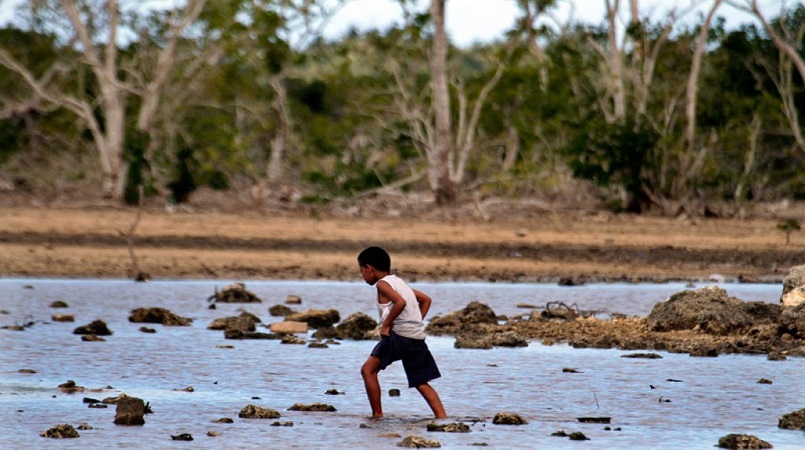
The Asian Development Bank’s (ADB) Board of Directors has approved a total of US$15 million in financing, comprised of policy-based loans and grants, for the Pacific Disaster Resilience Programme.
The financial assistance will help strengthen Samoa, Tonga, and Tuvalu’s resilience to disasters.
ADB’s assistance will include loans worth US$3.1 million each to Samoa and Tonga. It will also include grants worth US$2.9 million each to Samoa and Tonga and $3 million to Tuvalu. All three grants are financed from the Asian Development Fund, ADB’s grant-based development financing vehicle. An ADB-supported US$2 million technical assistance grant will help the three countries implement priority resilience building activities and share their experiences.
“This programme will facilitate faster early recovery and reconstruction which will significantly reduce the secondary economic and social costs normally caused by delays in reconstruction activities following a disaster event,” said Hanna Uusimaa, Climate Change Specialist from ADB’s Pacific Department.
The programme mirrors the ADB-supported Cook Islands Disaster Resilience Programme approved in December 2016, which uses disaster contingent financing through innovative use of policy-based financing.
The Pacific Disaster Resilience Programme fills a financing gap experienced by many Pacific countries hit hard by disasters. It provides a predictable and quick-disbursing source of financing for early response, recovery, and reconstruction activities, and supports priority actions in disaster risk management in participating countries.
The programme supports regional collaboration towards strengthened disaster risk management and disaster risk financing. It also encourages the sharing of experiences between Pacific countries, in close alignment with the work of other development partners, and under the guidance of the region’s own framework for resilient development. It also addresses risks pertaining to disaster events that would normally exhaust annual contingency budgets or emergency funds, but may not be cost effectively covered by insurance.
